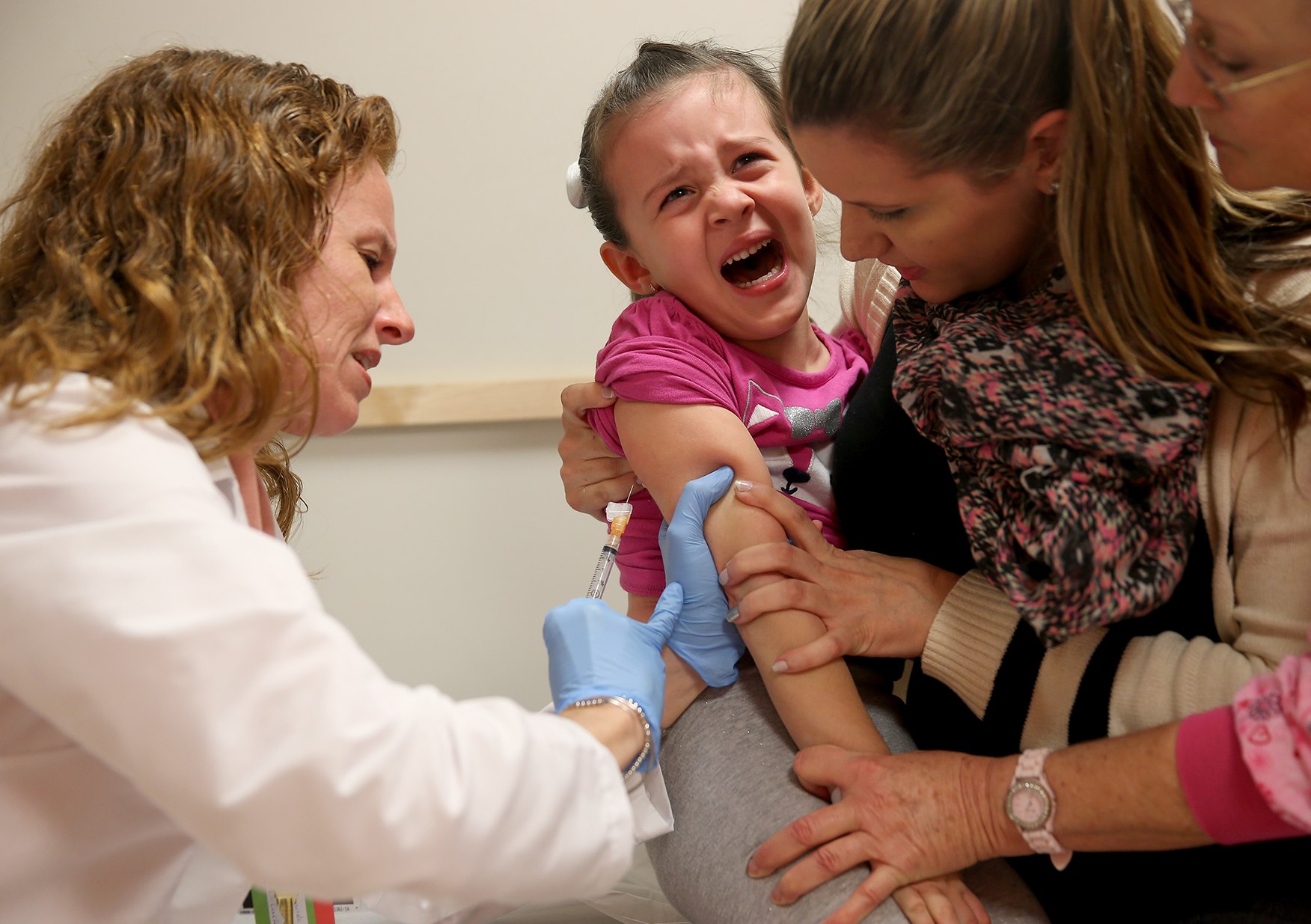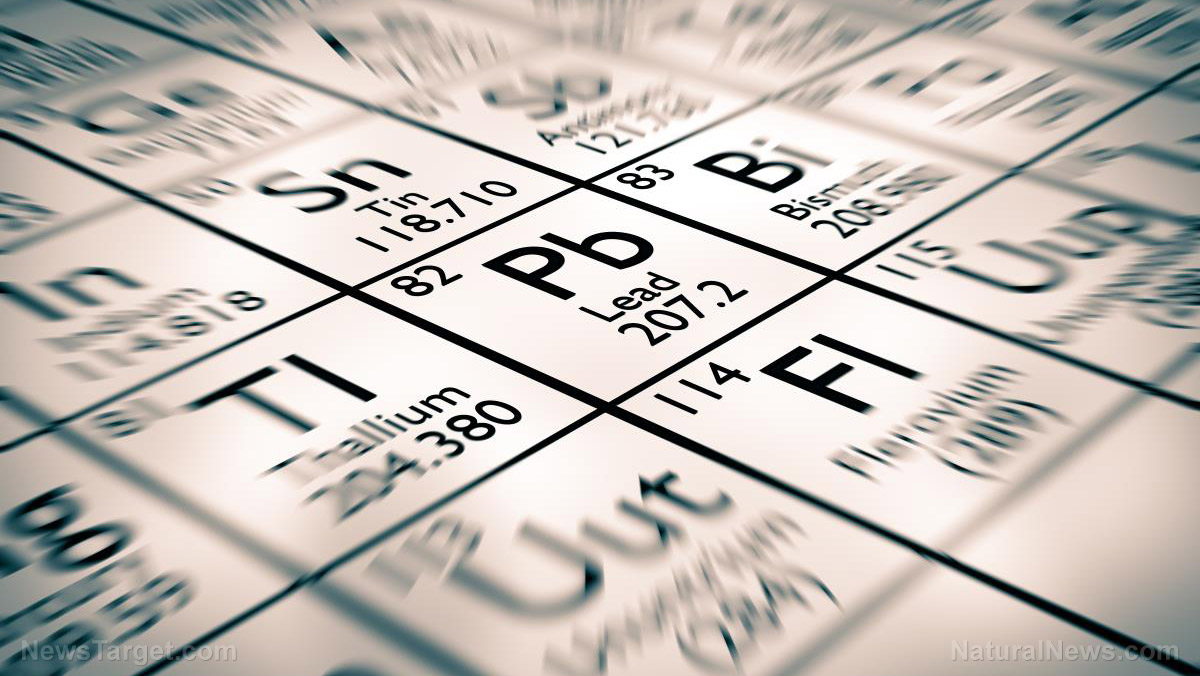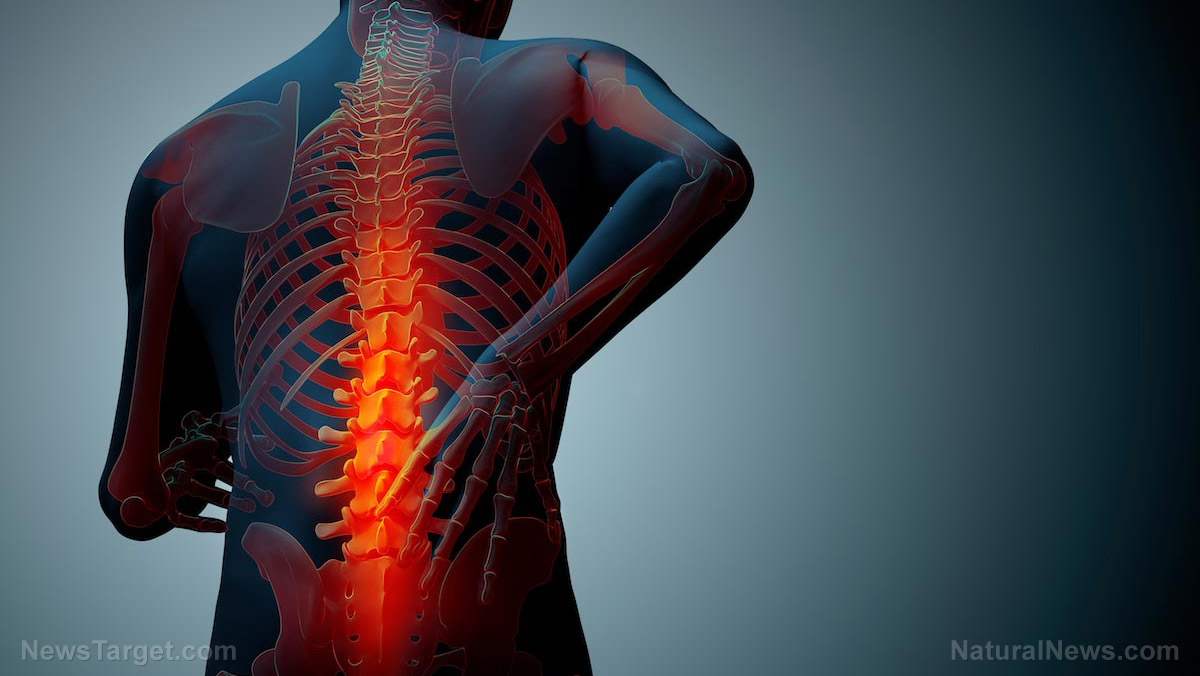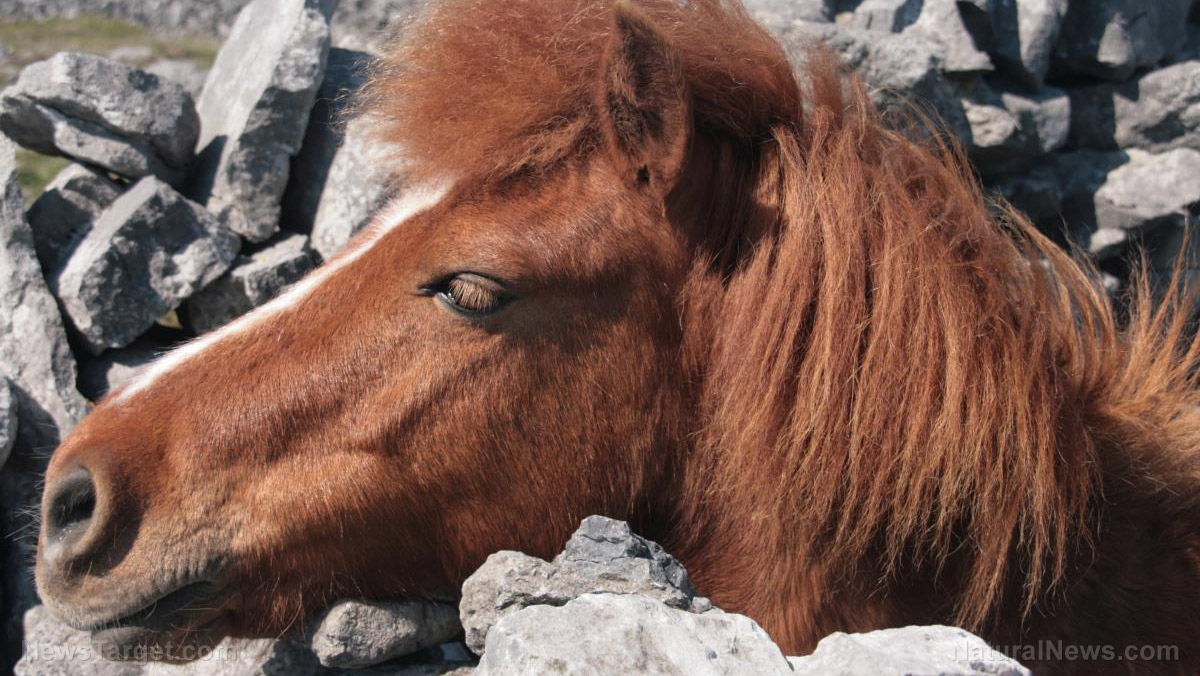A trip to Mars would heavily irradiate astronauts with potentially deadly doses of cosmic radiation
12/02/2018 / By Edsel Cook

Dr. McCoy of Star Trek once described space as disease and danger wrapped in darkness and silence. The fictional character is now being echoed by Bulgarian researchers, who claim that manned deep-space missions to Mars will face extreme dangers far greater than those encountered by the Apollo missions.
The researchers based their claims on the information sent by a space probe that is currently orbiting Mars. Their data indicates that any astronaut who travels to and from Mars would be exposed to enormous doses of cosmic radiation during the entire trip.
Space is filled with small but energetic particles that travel almost as fast as light. Exposure to this cosmic radiation is not something that the human body can tolerate for long periods of time.
Fortunately for us humans, the thick atmosphere and magnetic field of Earth shield us from this energy as the planet hurtles through space. However, this shielding effect decreases as the atmosphere gets thinner at higher altitudes.
Astronauts travel outside the protective envelope of Earth’s atmosphere and stay there for long periods of time, exposing them to much higher levels of cosmic radiation. (Related: Microgravity and radiation: Astronauts headed to Mars will face many health challenges.)
Cosmic radiation bombards the bodies of astronauts who leave the atmosphere
Cosmic radiation is bad enough for astronauts who operate in areas that are close to Earth. However, they become much more dangerous during the interplanetary trip to Mars.
Bulgarian Academy of Sciences (BAS) researcher Jordanka Semkova reported that astronauts and cosmonauts who work in the International Space Station have amassed several times the amount of radiation absorbed by ordinary people who stayed on Earth. The ISS is located several hundred miles above the surface of the Earth, where the atmosphere is thin but still present.
Mother Nature's micronutrient secret: Organic Broccoli Sprout Capsules now available, delivering 280mg of high-density nutrition, including the extraordinary "sulforaphane" and "glucosinolate" nutrients found only in cruciferous healing foods. Every lot laboratory tested. See availability here.
Mars-bound astronauts will not enjoy even that scant protection against cosmic radiation. The study predicts that they will absorb several hundred times more radiation than their ISS-bound counterparts.
“Our results show that the journey itself would provide very significant exposure for the astronauts to radiation,” Semkova warned in their study, which they published in the science journal Nature.
The trip to and from Mars will heavily irradiate astronauts
The BAS researchers derived their findings from radiation levels measured by the ExoMars Trace Gas Orbiter space probe. Operated by the European Space Agency (ESA), the spacecraft arrived on Mars in 2016.
The orbiter carries a plethora of sensors that can detect signs of hydrogen and atmospheric trace gases on the Red Planet. It is also equipped with a dosimeter, a device that evaluates the exposure levels to ionizing radiation.
The dosimeter took measurements of radiation levels throughout the long journey to Mars. Semkova and her team of researchers pored over the readings and compared them to the amount of radiation exposure that is considered safe for astronauts.
They reported that the round trip from Earth to Mars and back would cause each astronaut to accumulate at least 60 percent of the maximum safe exposure to cosmic radiation for his or her entire career. The maximum level depends on the age and sex of the astronaut; for example, a 25-year-old woman can handle one sievert of radiation before she has to retire from exploring space.
This does not include the significant chunk of time the astronauts will spend in orbit around Mars, nor does this account for the duration of any landing on the surface of the planet, whose atmosphere and magnetic field are much thinner than Earth’s protective shell.
Find out for yourself if traveling in space is safe and worth it at SpaceTourism.news.
Sources include:
NASA.gov [PDF]
Tagged Under: astronauts, cosmic radiation, cosmonauts, deep space missions, Interplanetary travel, manned Mars mission, Mars, radiation, radiation science, space exploration, space travel




















